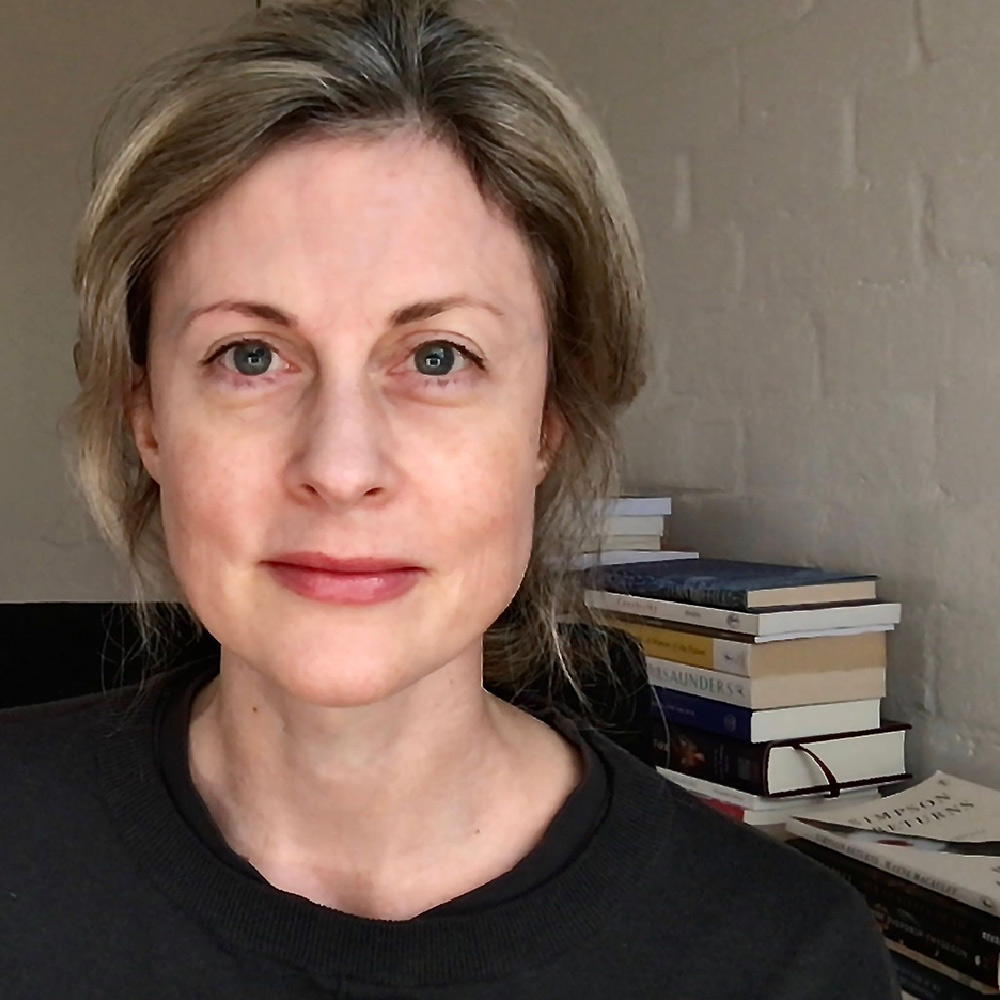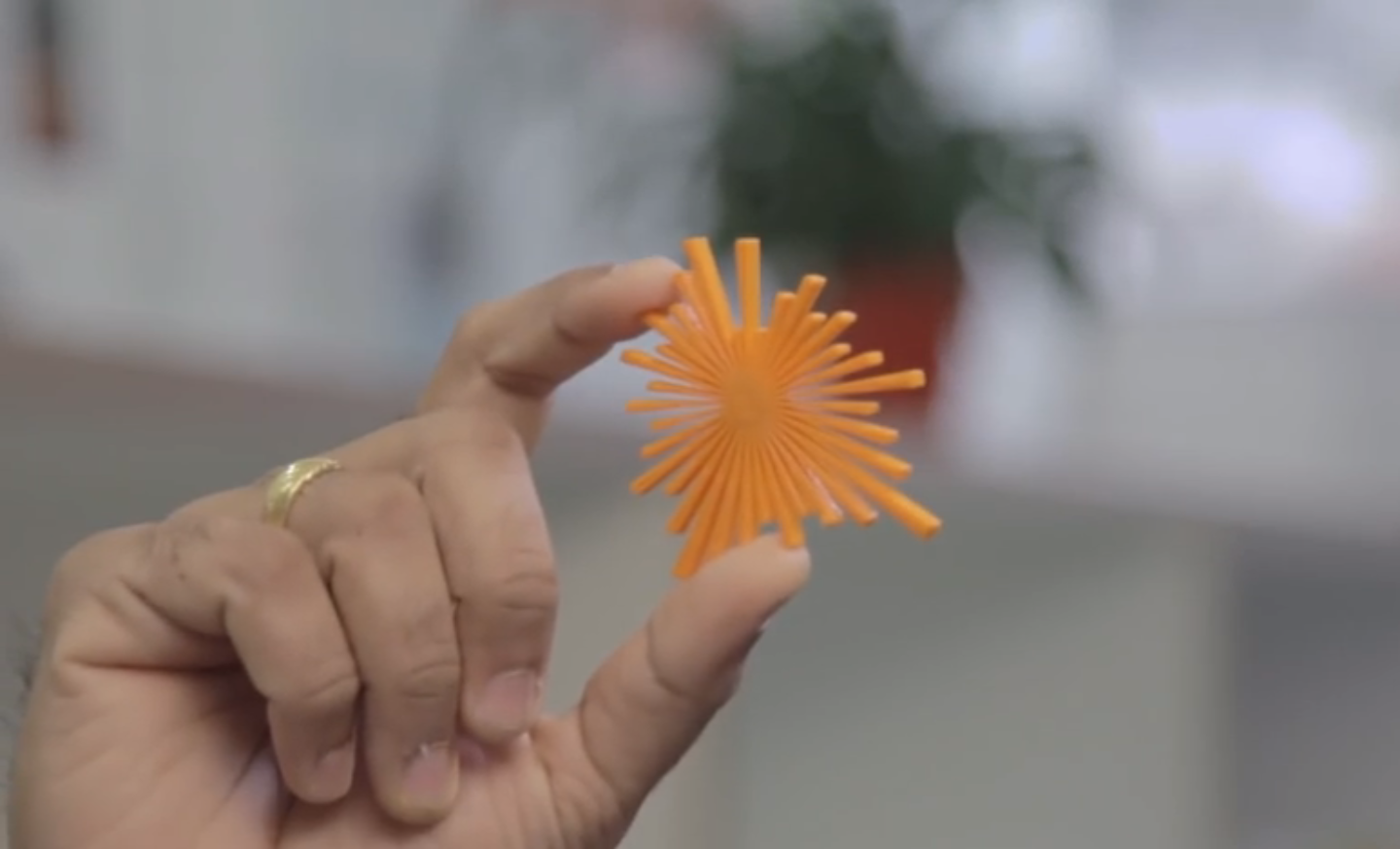

The Lab is home to a lively group of more than 60 PhD, Masters and Honours candidates in creative writing, design, media, literary studies and allied fields.
Alongside our creative project and thesis-based candidates, we have an invitation program for PhDs by creative practice through the PRS Australia (based in Melbourne) and the PRS Asia (based in Ho Chi Minh City, Vietnam).
Examples of the research undertaken by current students:

EJ Baird is developing a poetics whose themes, forms and techniques respond to the modelling of complex systems. Her focus is the figure of the ‘digital twin’ in medicine, and her research asks how poetry might illuminate the informational and relational processes of this virtual entity. EJ’s practice-based PhD extends her enduring interest in the science-poetry relation.

Anastasia Baka is a PhD researcher, essayist, and emerging fiction writer exploring intersections of social factors that shape subjective wellbeing. Her current research examines asexuality and the internalisation of patriarchal values through an autofictional novel that centres an experiential asexual ontology — a way of being uncoupled from sexuality. She challenges the norm of 'compulsory sexuality,' opening space for alternative understandings of gender and sexuality. With a background in social sciences and psychology, her previous work has explored media representations of sexual harassment in political spaces, inequality of access to green spaces, and strategies for attitude change to support social change.

You saw a fox. Go on, just start again, just as you said before.
Yesterday I found a dead fox. My goodness it was strange and beautiful.
Clare’s practice-led research investigates writing with the nonhuman and includes a speculative novel and dissertation.

Ange Crawford is a queer writer, editor and PhD candidate living on unceded Wurundjeri land. In her creative practice research project, she is engaged in a spatial writing practice, considering questions of porosity, ambience and situatedness while writing in situ within liminal spaces like shopping malls, waiting rooms and hotels. Ange’s debut contemporary young adult novel, How to Be Normal (2025), won the inaugural Walker Books Manuscript Prize. Ange also recently contributed to Someone Like Me (UQP), a life writing anthology by Autistic women and gender diverse writers.

Monica Dux is a nonfiction writer, memoirist and humourist, who came to RMIT’s PRS program interested in exploring the role of mischief in creative practice. Thanks to the Gods of Disorder, a cancer diagnosis just after her second milestone opened up more questions about the role of mischief in her writing than she originally anticipated. Currently two breasts down, she’s writing what she hopes will be a hilarious book about her year of living cancerously.

Ruth is a mid-career PhD researcher interrogating women's interventions in the true crime genre, at the intersections of literary nonfiction, podcasting, and the digital realm. Her background in current affairs journalism, social and digital media impelled a curiosity in creative explorations of truth in nonfiction narratives. And a desire to learn what the contemporary landscape of female-created true crime storytelling tells us about women’s voices in popular culture.

Alex Gerrans is interested in how metabolism works as both boundary and threshold, and what this has to say about the continuity between life and death, self and other.

Eloise Grills is an award-winning writer and artist living on unceded Wada Wurrung land. She is researching intuition and wildness in comics practice, while drawing and painting a graphic novel about people who decide to become animals.

Jenny Hedley’s research integrates feminist scholarship, particularly affect theory and new materialism, to explore how the more-than-human shapes our subjectivity and understanding of the world. Her creative practice uses journals and personal archives as sites of provocation for creative response via digital poetry, craft, autotheory, braided memoir and creativecritical writing.

Martin Huang is an intercultural practitioner whose interest spans multiple forms of media, including non/fiction writing, documentary filmmaking and alternative comics. His PhD project seeks to challenge to preconception that ideological differences are the primary causes of growing tensions between China and the West and to reframe the relationship in the context of emerging technologies like 5G, 6G and AI. Martin was awarded a Gold Medal at the 2011 China National Media Festival, and his documentary work has been nominated for regional awards twice (2015, 2017) in Asia-Pacific.

Josefina Huq writes and researches place, home, memory, nostalgia, and other upsetting concepts. Her research attempts to justify this as a good thing. Her current PhD project uses a phenomenological method of life writing to create short stories exploring the concept of the home-place phenomena. This ‘lifeworld writing’ is an effort to play with and expand definitions of home through a study of the lifeworld: the everyday sensorial experiences which make up much of a life and its home-places.

Sophie Langley’s research explores how the expanded essay form, which includes non-textual elements such as sound and performance, might enact a conversation that contests normative assumptions about the boundaries of bodies and self. Focusing on the lived experience of an autoimmune condition known as Graves’ Disease, the research essays conversations between “the body-we-do” (Mol and Law 2004: 57), the body that is ’crafted’ through medical practice (Harris 2016), new materialist philosophy, and sociological understandings of the medical encounter.

Pooja is a writer, educator, performer and festival maker based in Singapore. Her practice and research, conducted through the PRS Asia Program, are interested in ways marginalised and minority bodies can reclaim agency when making work in spaces and places not catered and designed for them. Her methodologies involve text based strategies and placemaking with the aim of creating engaged and activated communities.

Andrew Preston's project is a text-based work about a time several centuries ago – the beginnings of Western science in Europe and the early days of capitalism, which brought colonial powers ever closer to the discovery of Australia. Rather than a conventional historical novel, which seeks to represent another time and place, it questions the terms 'history' and 'fiction'.

Psychoanalytic methods of working with unconscious material in the clinical setting might offer models for working with such material in a writing practice. Could states of mind that have been proposed by psychoanalytic thinkers as offering ways of noticing associations and generating unseen connections provide tools for the writer’s capacity to generate meaning in a narrative?

Beau Windon thought he saw a figure in the dark, standing over him and taking notes – thankfully, it was just a memory. He writes creative non-fiction, poetic explosions, and stories about all-sorts and oh-you-knows. His research is interested in the aesthetic form of neurodivergent literar[e]y memoir but he is interested in old cartoons and other-such silly things.
Examples of the research undertaken by recent alumni:

Alvin Pang, a Singaporean poet, writer, editor and scholar with over two decades of international creative practice experience, has been published in more than twenty languages worldwide. In his 2020 PhD, conducted through the PRS Asia program, he explored the possibilities of literary practice conducted across multiple languages, genres, careers and communities.

Tresa’s practice-based study explores the ethics of writing other people’s stories in fiction. It focused on the creation of a novel manuscript, and examined stories written about refugees when the writer is from a different background to the characters. It argued that increased consultation with people from the backgrounds represented in the novel produces a different kind of manuscript to the one a writer might produce without this interaction.

My PhD research is an account of poetic experimentation; it describes an interrogation of feminist genealogies and feminist poetry within the constraint of an imagined ‘office’. The results became Moxie (Vagabond Press, 2020), a poetry collection displaying its own knowledge of historical precedents. I call this creative practice ‘Vintage Feminism’.
In order to maintain the highest levels of supervision for prospective students, the School of Media & Communication offers a set list of projects that build on our recognised research and supervision strengths.
Prospective students are invited to examine the lists below and to identify their preferred project. Applicants are required to discuss their selected project with the listed supervisor in the first instance, before following the application process outlined here.
For further information on the admissions process, please contact sgr.admissions@rmit.edu.au

The School of Media & Communication enables postgraduate students to pursue their research and creative interests and extend their critical skills under the guidance of dedicated academic supervisors.
Acknowledgement of Country
RMIT University acknowledges the people of the Woi wurrung and Boon wurrung language groups of the eastern Kulin Nation on whose unceded lands we conduct the business of the University. RMIT University respectfully acknowledges their Ancestors and Elders, past and present. RMIT also acknowledges the Traditional Custodians and their Ancestors of the lands and waters across Australia where we conduct our business - Artwork 'Sentient' by Hollie Johnson, Gunaikurnai and Monero Ngarigo.